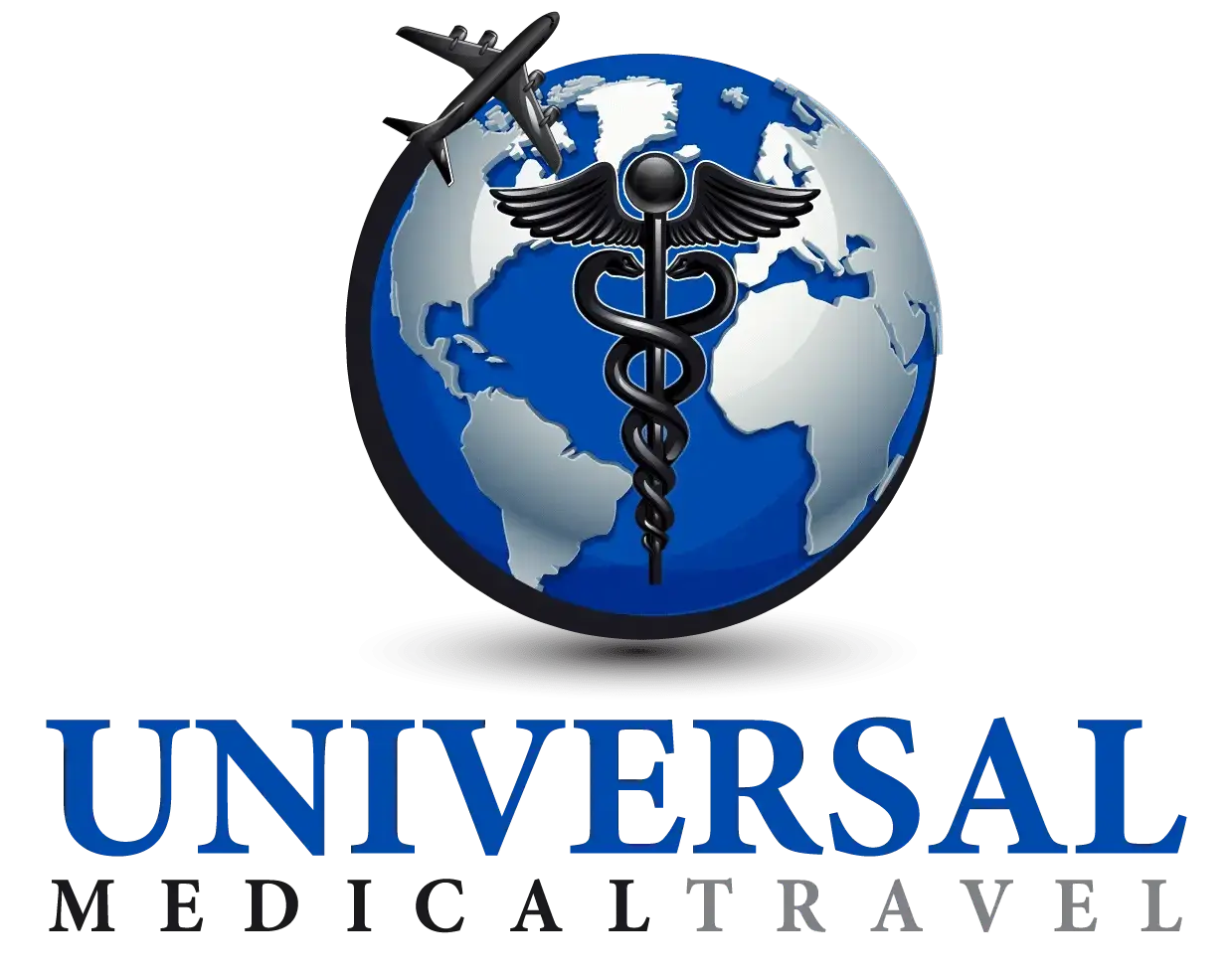Medical tourism carries some risks that locally provided medical care does not. As with all domestic medical procedures, there are risks associated with medical tourism. Some of these risks include malpractice, operational risks, miscommunication with the doctor and flying back home to soon after surgery. Here are some questions that you might consider before travelling abroad for medical care or wellness services. Question (Q) – Answer (A)
Is the overseas hospital accredited and by whom?
Always choose a medical facility that is accredited by the Joint Commission International (JCI) or another internationally recognized agency, such as The International Society for Quality in Health Care (ISQua) or the Global Healthcare Accreditation (GHA). The Joint Commission is the certifying body for hospitals in the United States, ensuring adequate care or identifying deficiencies. The JCI, ISQua, and GHA have rigorous international standards for quality and patient safety. Hospitals certified by these commissions are marked by quality and excellence.
Is the doctor certified and trained in the specialty/branch of medicine that suits your medical and surgical needs?
Always be informed about your doctor’s credentials, including their area of specialty, where they received their training, where they studied, and in which specialty they are board-certified.
What if you have a medical complication while you’re there or when you return home?
We highly recommend that all patients attain a medical tourism insurance policy prior to their departure. You can apply directly through our website to receive a quote. No one can guarantee a problem-free medical travel experience. It is recommended to purchase medical travel insurance before departure. Medical travel insurance helps cover costs associated with incidents during or after your trip. Arrange for follow-up care with your primary doctor upon your return home. It’s important to consult with your primary doctor before traveling abroad for a procedure to ensure they are aware of your decision and committed to monitoring your recovery once you return.
Will there be a language barrier between you and the medical staff?
Traveling abroad may require preparation to communicate effectively with the medical staff. Many physicians working abroad are trained in English-speaking medical schools and often speak multiple languages. A care plan should be developed to ensure you’re properly informed in your preferred language.
Is the country that I am traveling to for my procedure safe, or are there any travel alerts or warnings?
Before deciding on a destination for your medical procedure, research the country or region for factors such as infectious diseases, crime, political unrest, terrorism, and severe weather occurrences. Your Medical Tourism Facilitator can assist you in obtaining this information to ensure peace of mind during your trip.
What if you have a financial issue after you arrive at your place of destination?
Take precautionary measures before departure to cover the total cost of your medical procedure and additional expenses. Inform your financial institutions of your travel dates and planned use of your credit/debit card. Find out who is responsible for any additional costs and ensure you have the funds to cover the total cost of your trip. Always have a financial backup plan in case you run out of funds, your debit/credit card stops working, or if you misplace it.
Can I bring along a companion or friend?
Bringing a companion on your medical trip is recommended, especially if you are undergoing a major surgical procedure. A companion provides physical and moral support during recovery and ensures all your needs are met.
Why is medical travel so much cheaper in other countries?
Medical travel costs less in other countries mainly because labor is cheaper. The cost of labor for doctors, nurses, pharmacists, aides, and meals is significantly lower abroad. Additionally, many foreign countries have lower medical and overhead costs, making it less expensive to receive the same high quality of care as in the US or other well-developed countries.
Can you take a vacation while you’re in your destination?
A great way to take advantage of your stay in a foreign country is to schedule a vacation for pleasure before or after your medical procedure. You can explore beautiful locations, recover on beaches, or enjoy the amenities of a resort before departing from your destination.
